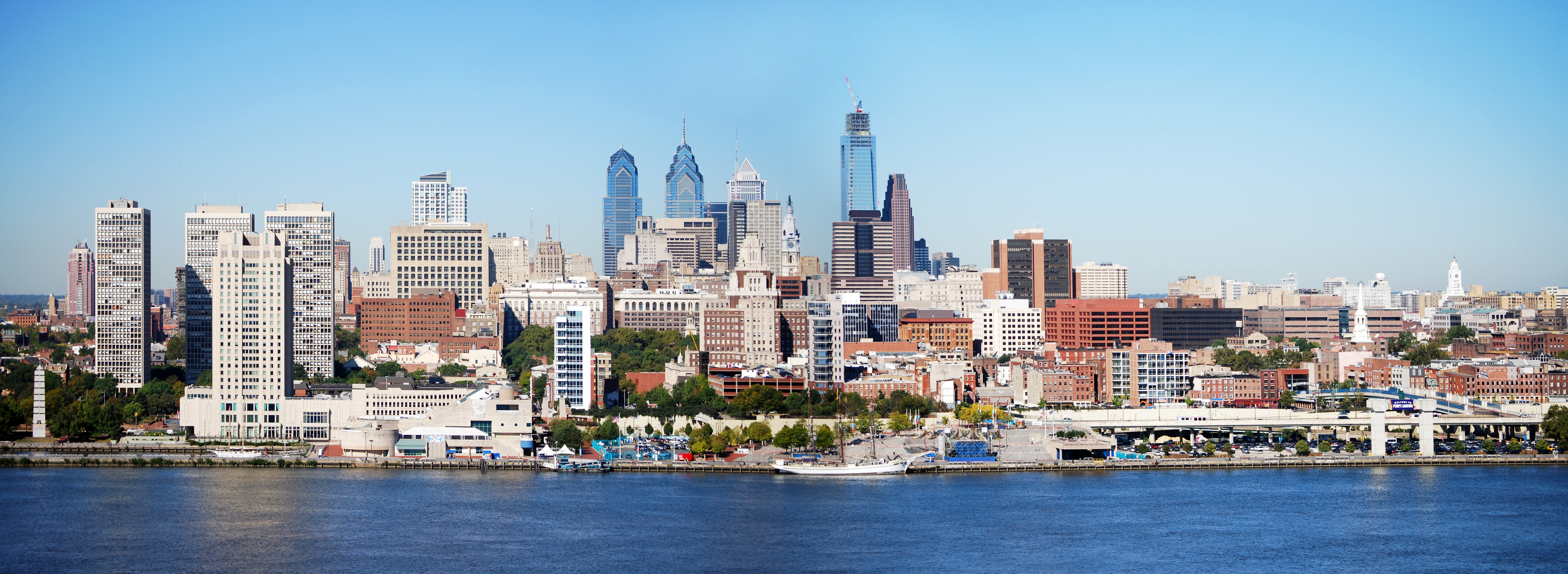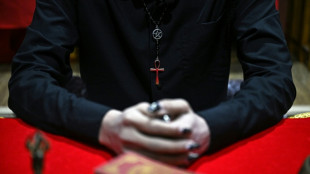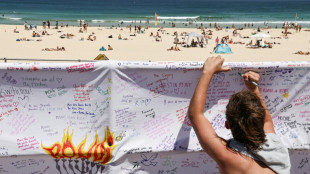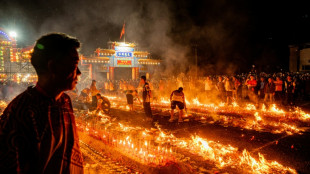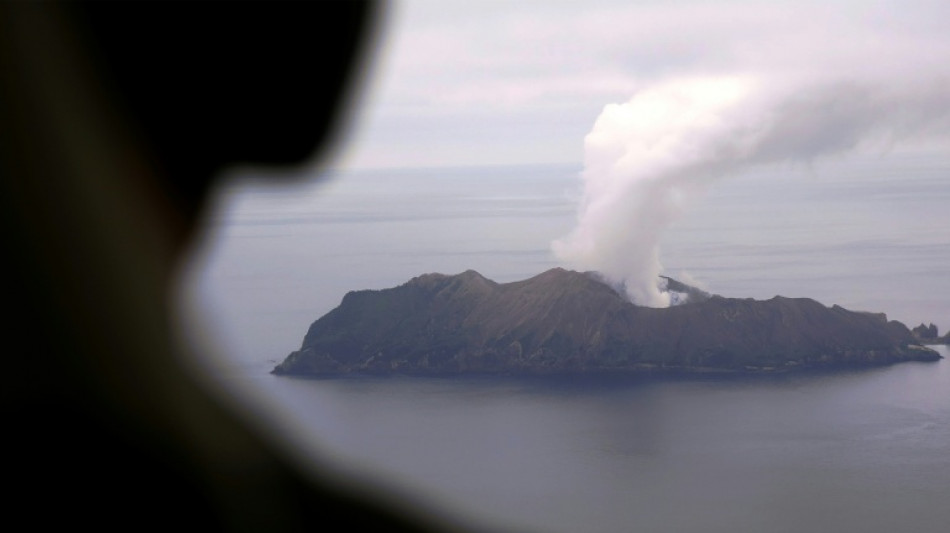

New Zealand eruption survivors tell of horror on first day of inquest
An inquest heard on Friday of lifelong injuries and years of grief from survivors and family members of those who died in a massive volcanic eruption on New Zealand's northern island in 2019.
Around 47 people were on White Island -- also known in Maori language as Whakaari -- in December 2019 when a deadly column of burning ash and steam blasted from a volcanic vent.
Twenty-two people died and nearly all were left with horrific burns.
The eruption off the coast of the country's North Island prompted a massive medical operation that saw many victims treated in burns units in Australia and New Zealand.
Since then, no boat or aircraft tours have been allowed to land on the island.
Almost six years on, an inquest is seeking to assess the emergency response that day -- as well as regulatory oversight of tours to the volcano -- and propose changes.
The opening day of the inquiry was held in the small coastal town of Whakatane, where rescue efforts at the time of the eruption were based. The island volcano can be seen just 50 kilometres (31 miles) off the coast.
In a statement on behalf of the bereaved families and survivors of the eruption, Constable Leanne Fairbairn said the eruption "left a wake of destruction and trauma which went far beyond the geographic boundary of Whakaari".
She described the eruption as a defining moment for everyone affected.
"Many describe their life as 'pre-eruption' and 'post-eruption'. The impact and effects of the eruption will always be felt," she said.
Many survivors, once avid hikers and nature lovers, are now unable to do the activities they once cherished, with their injuries requiring ongoing medical care and limiting their daily lives, she said.
"I am my own memorial to that day," she quoted one survivor as saying.
"But unlike any physical monument or statue, I can never walk away from it."
Another survivor spoke of the stigma associated with the disaster -- and the intense media attention on the case.
"I am often referred to as the volcano guy, which is frustrating," one man said.
"I don't want to be defined by the worst day of my life."
"No longer could they live quiet, peaceful lives," Fairbairn read.
"Instead, they were suddenly the attention of international media interest."
The inquest is expected to last six weeks.
K.Morris--PI
